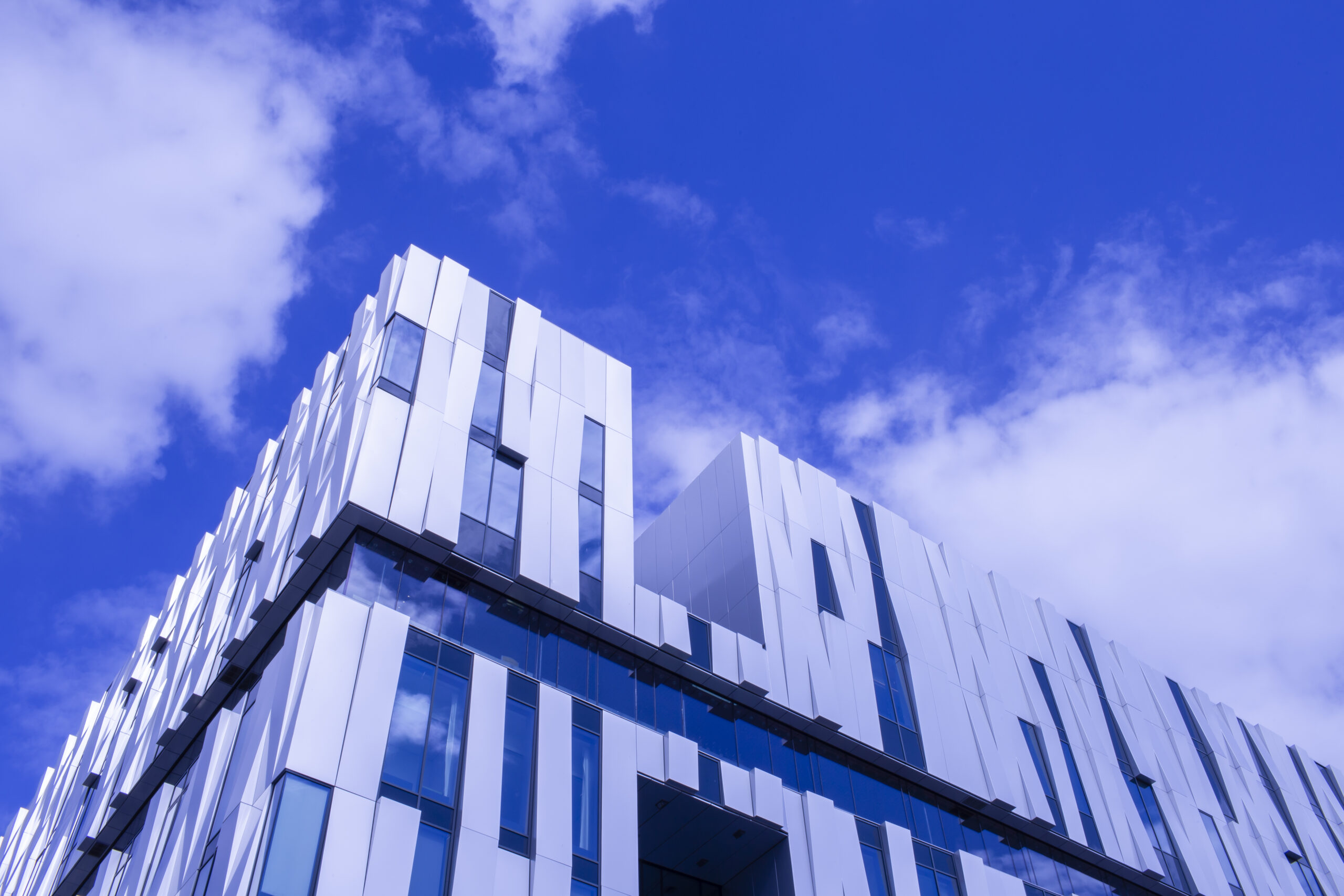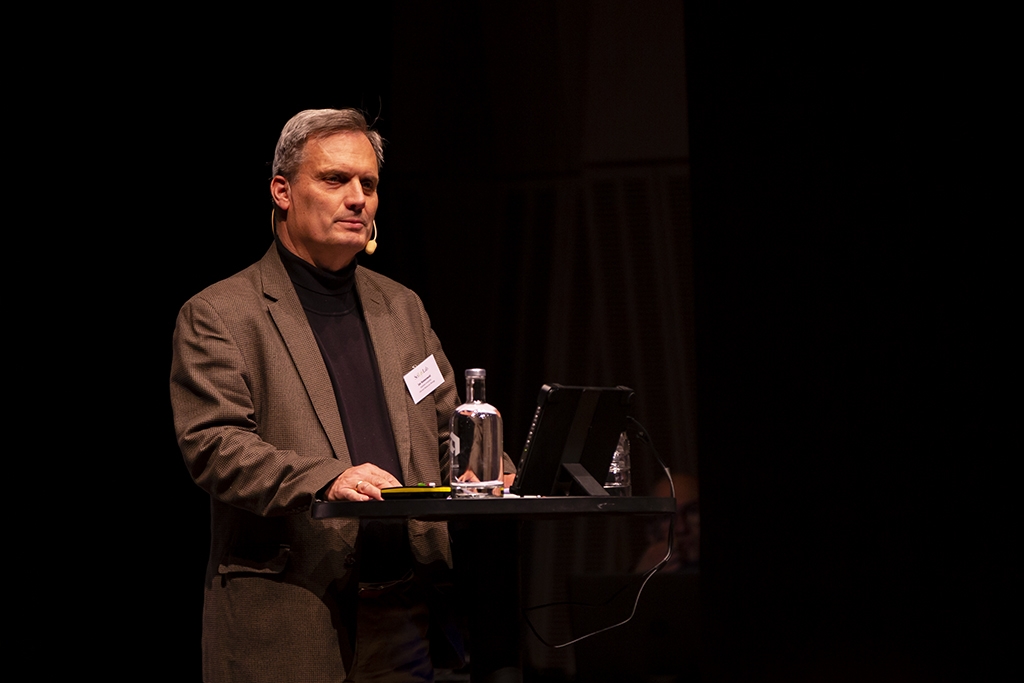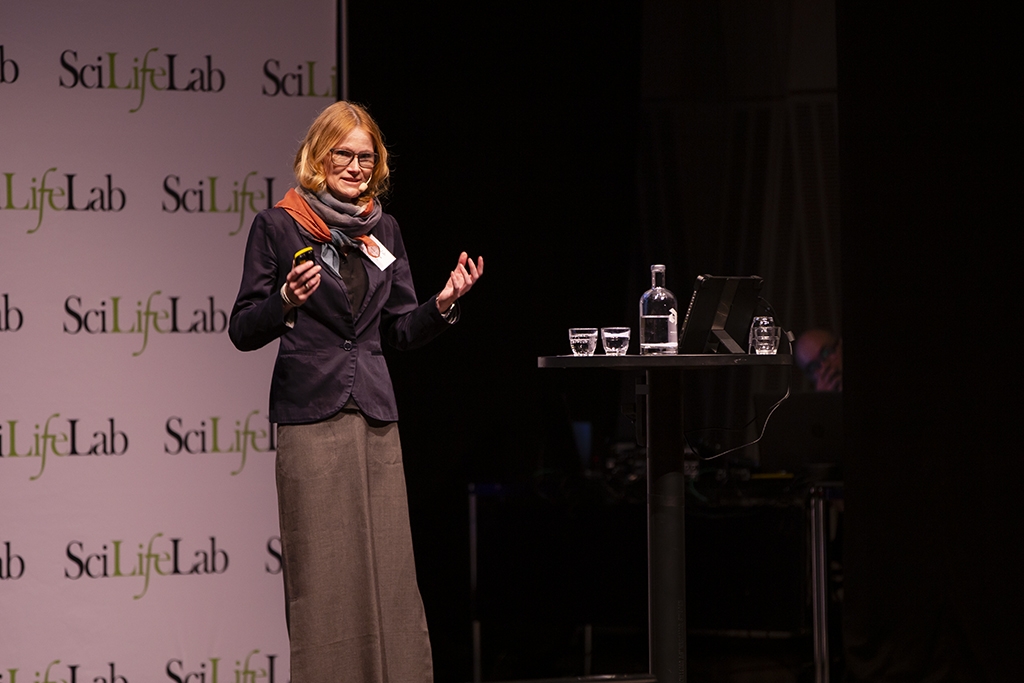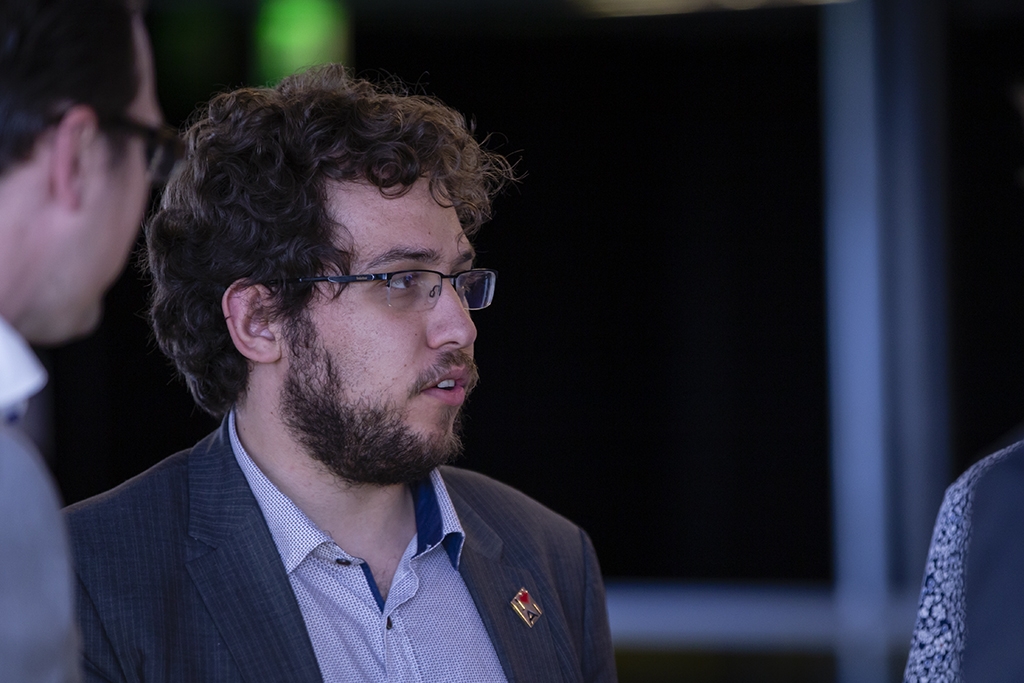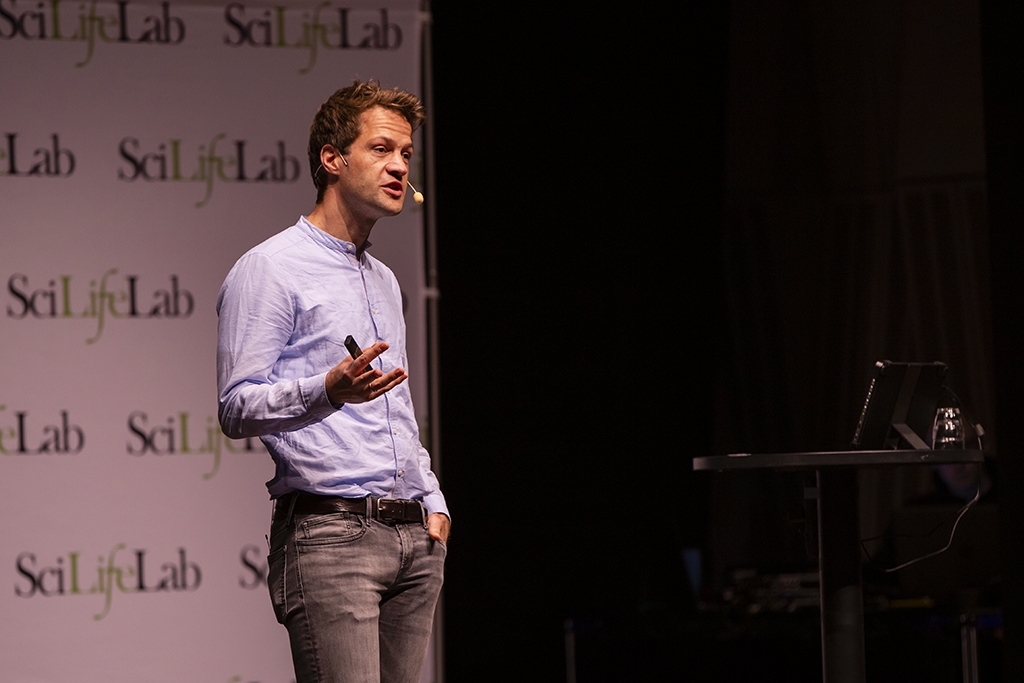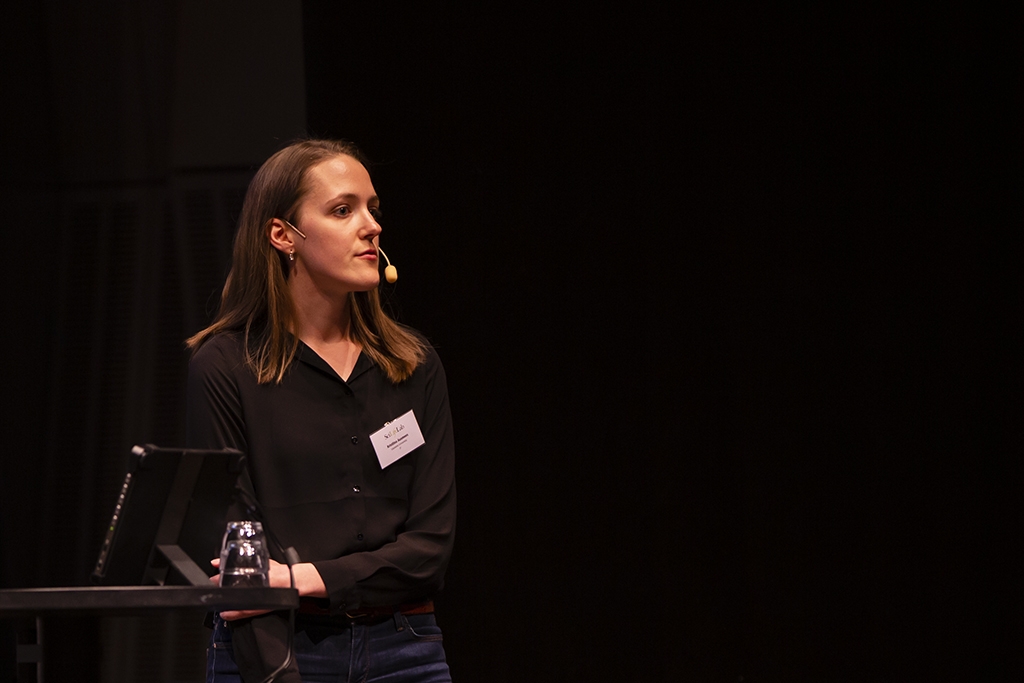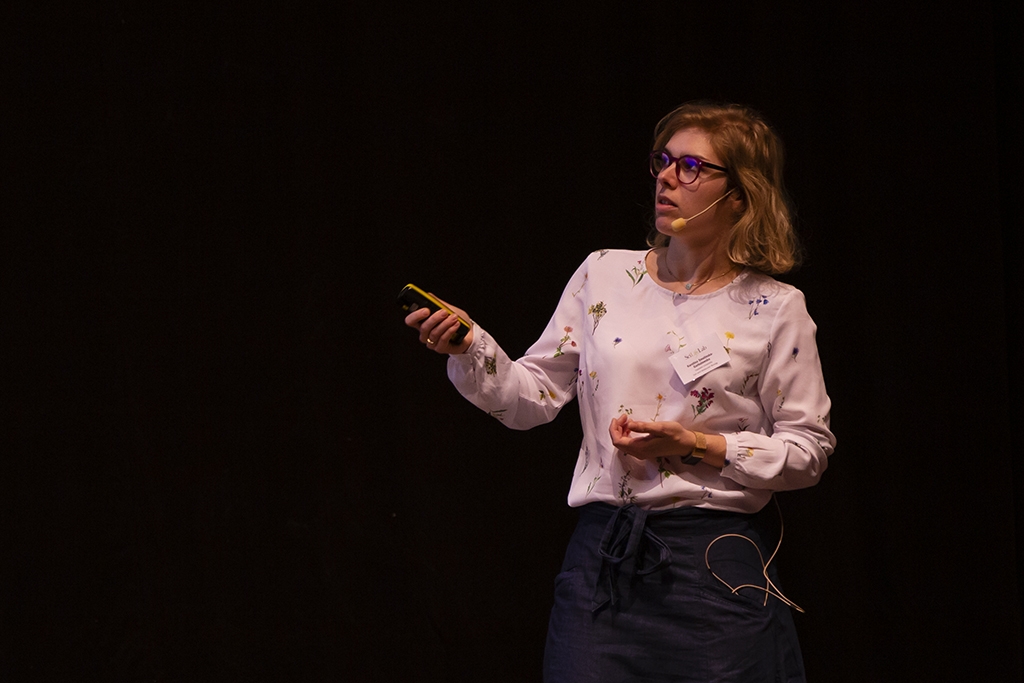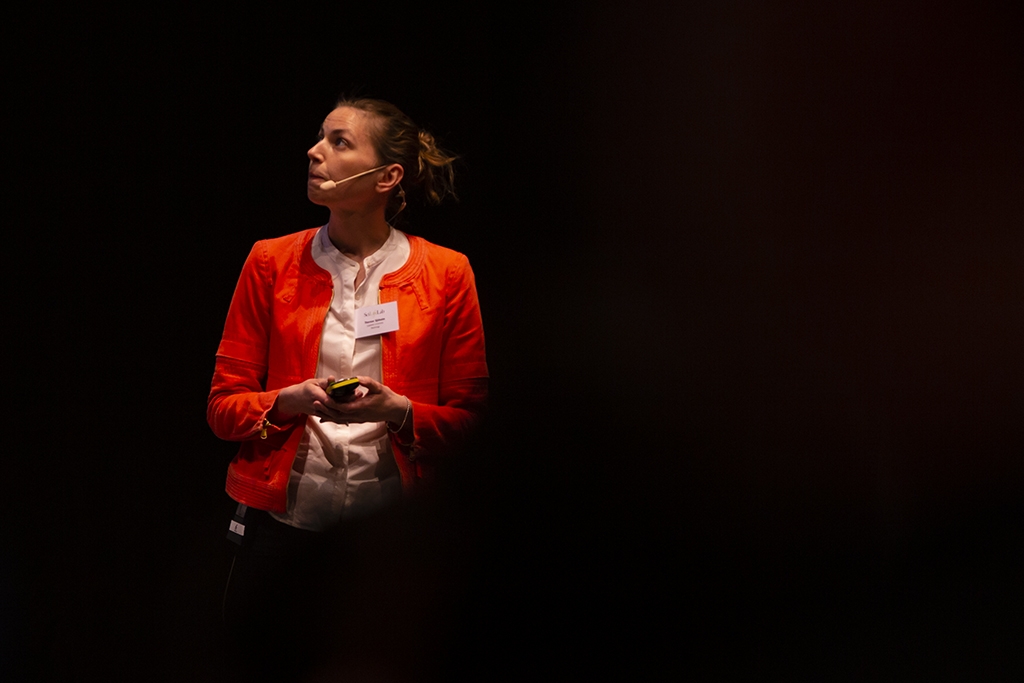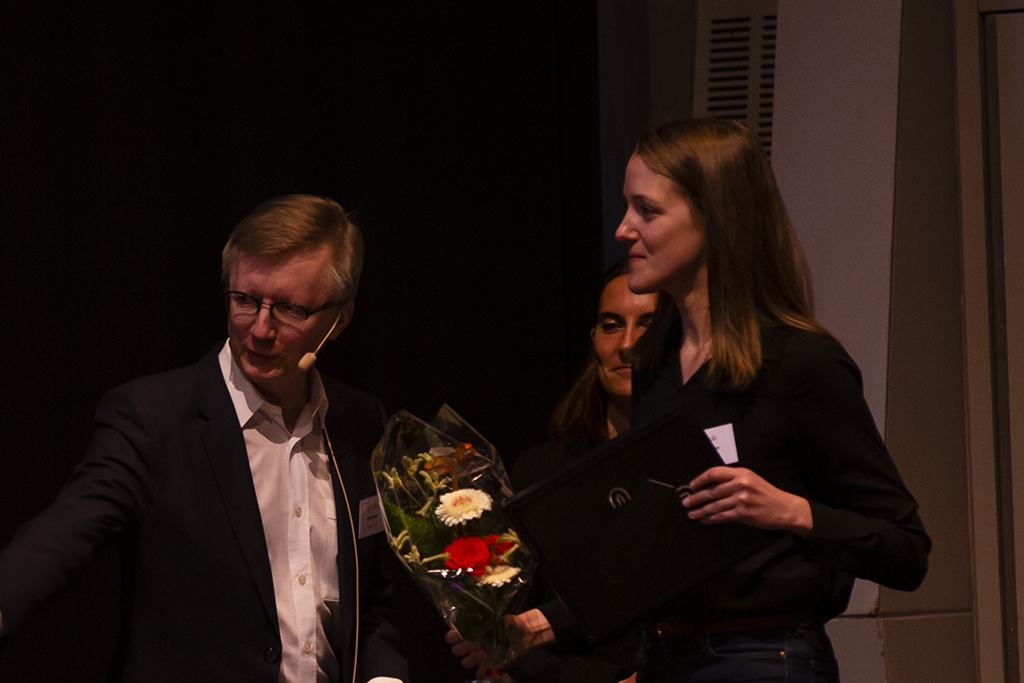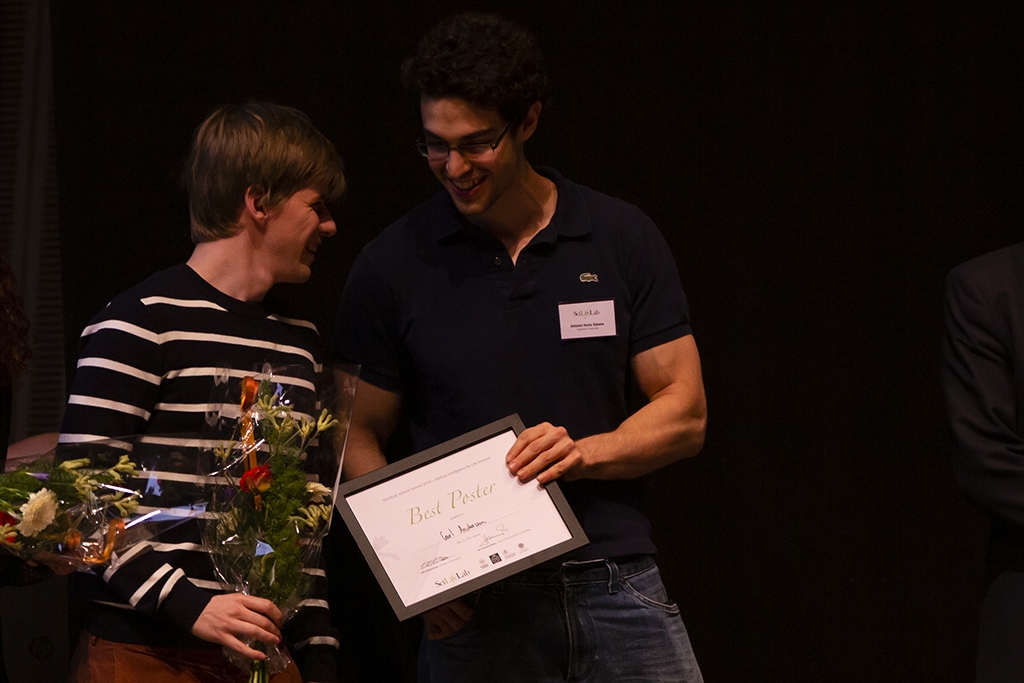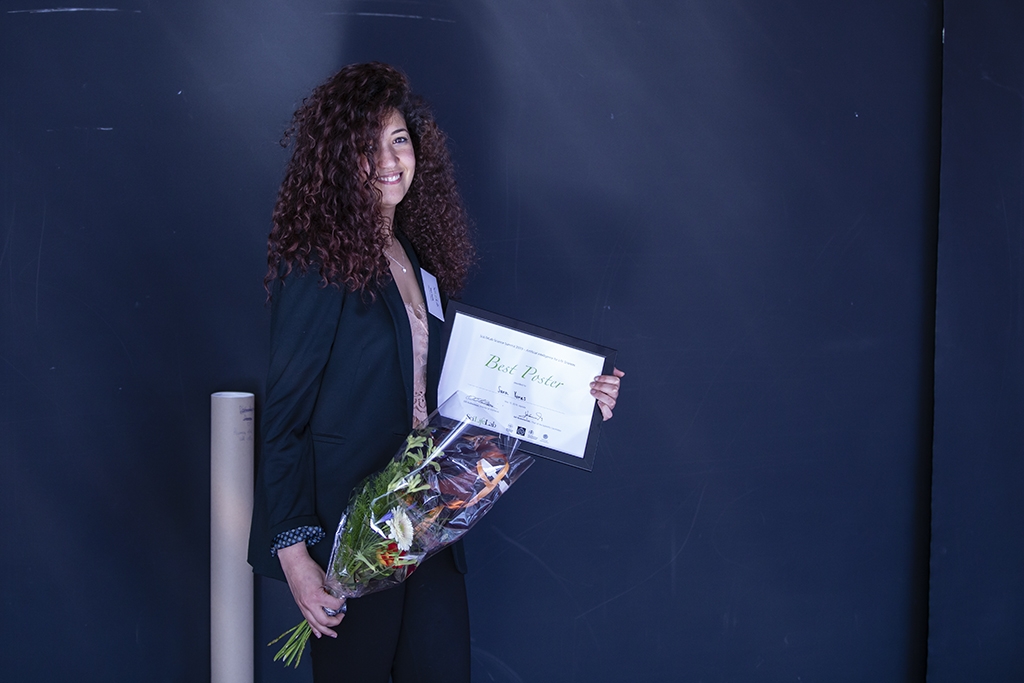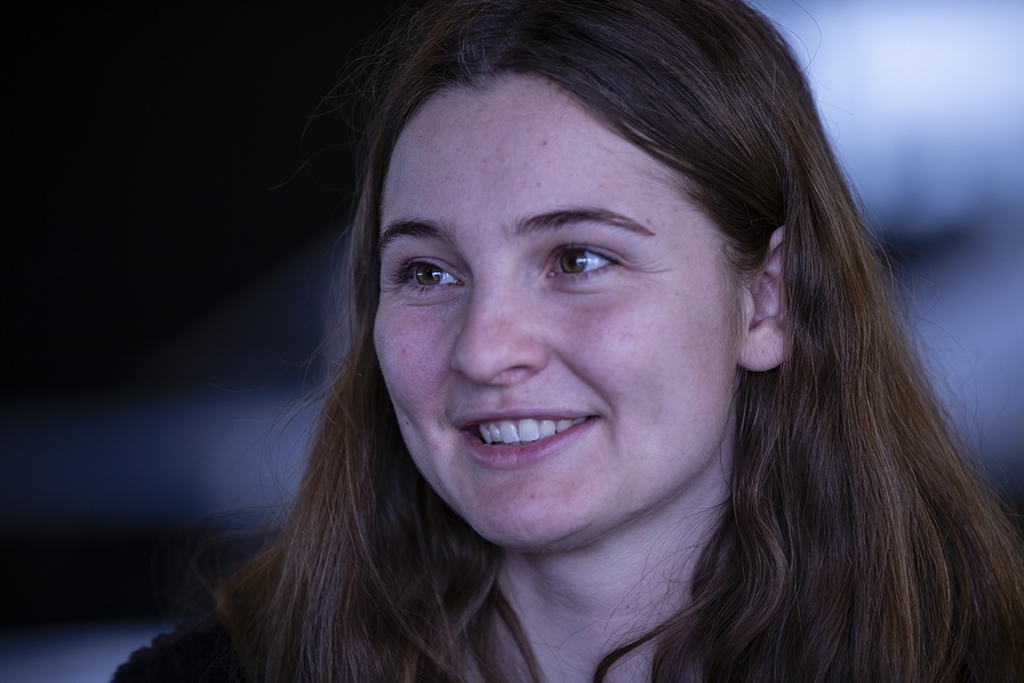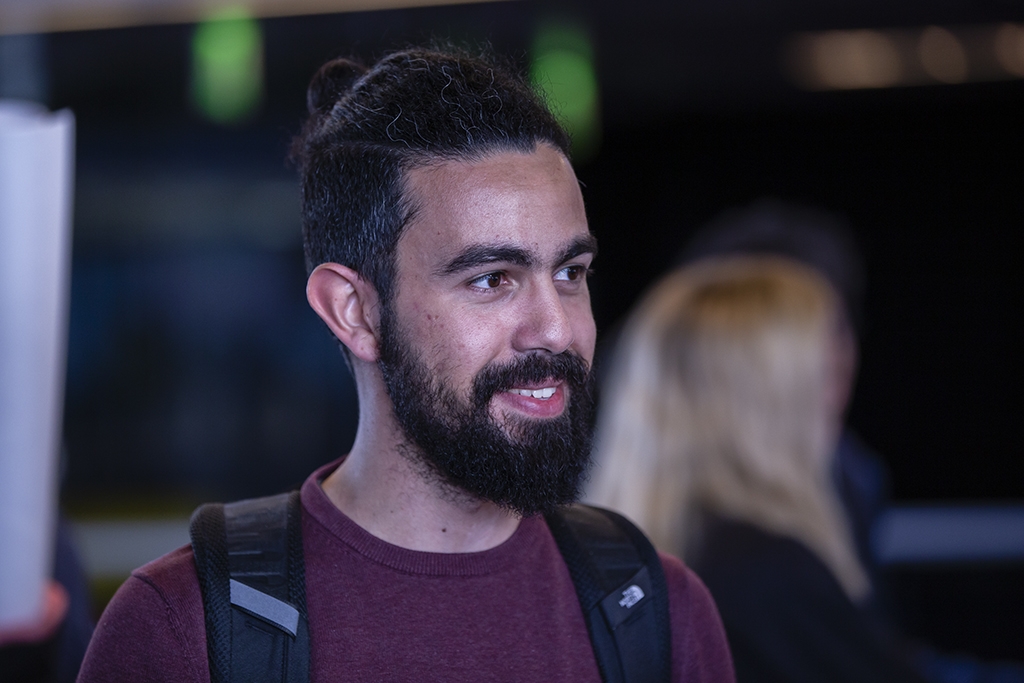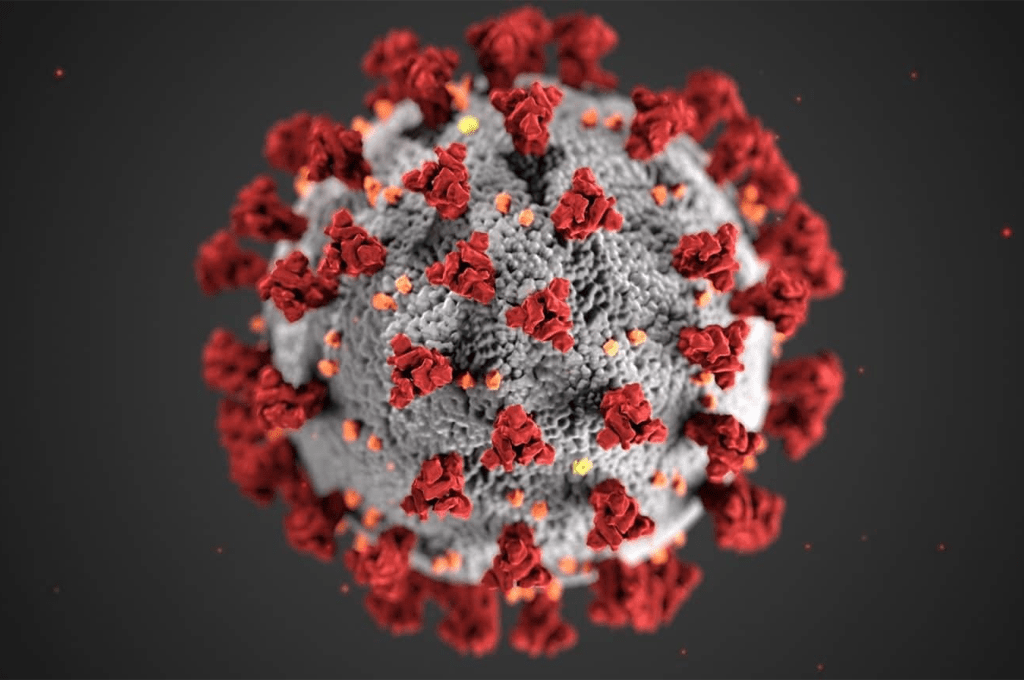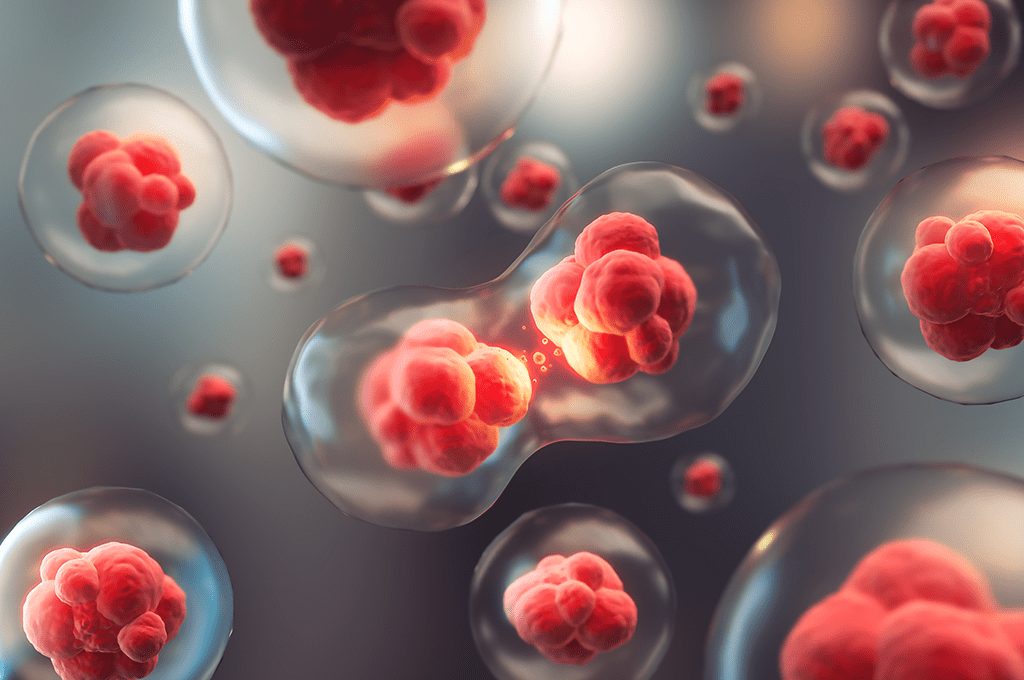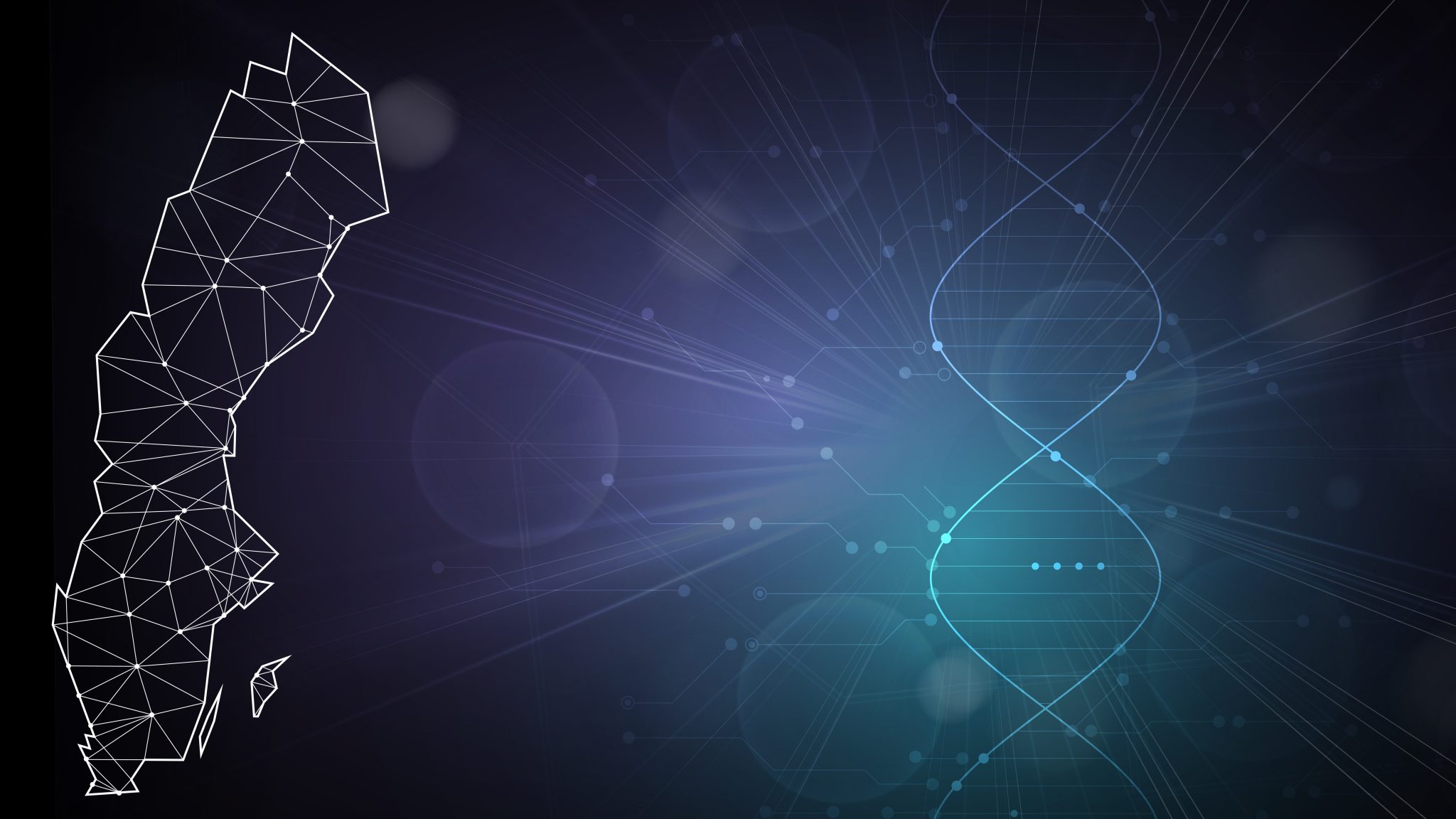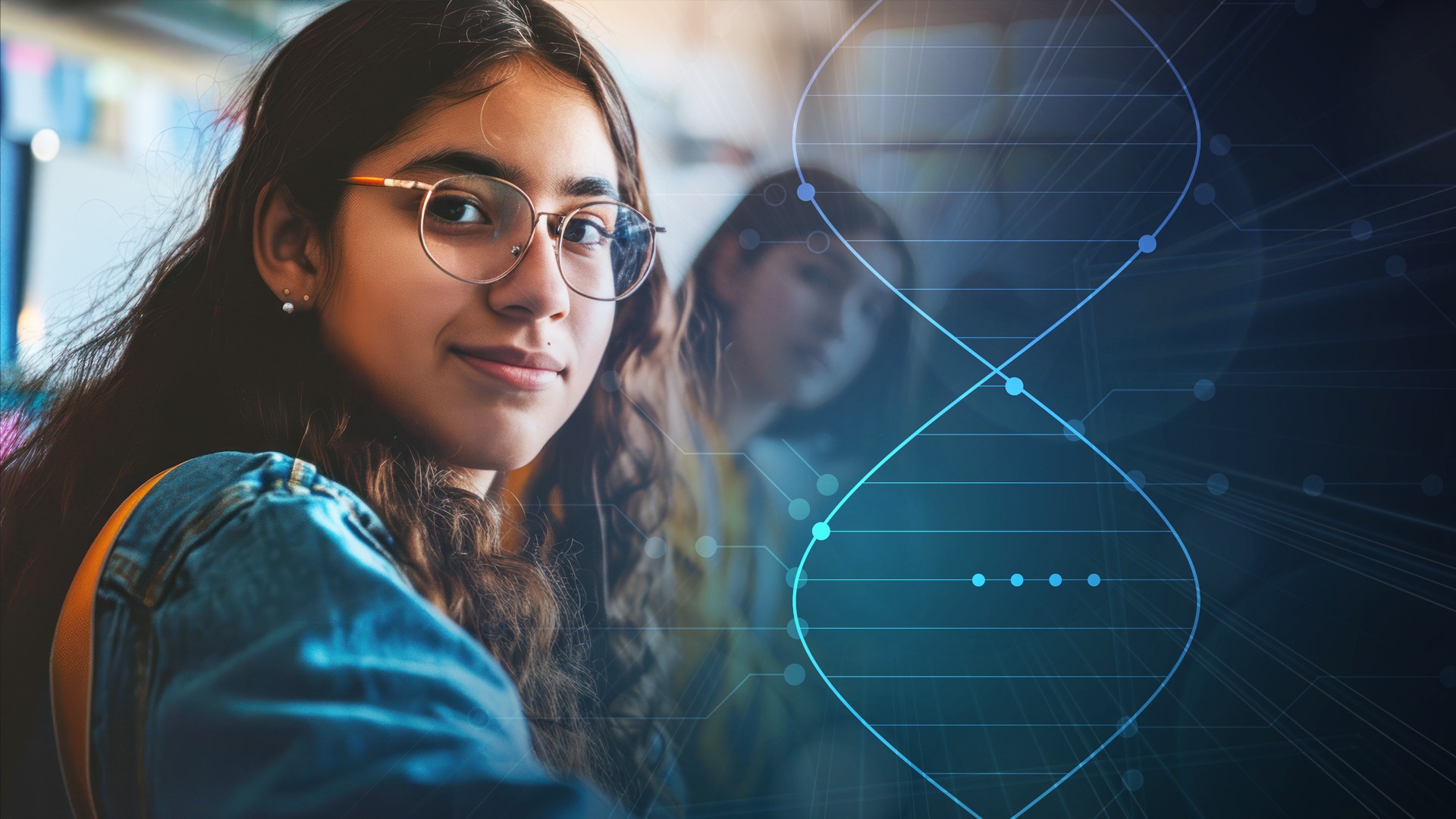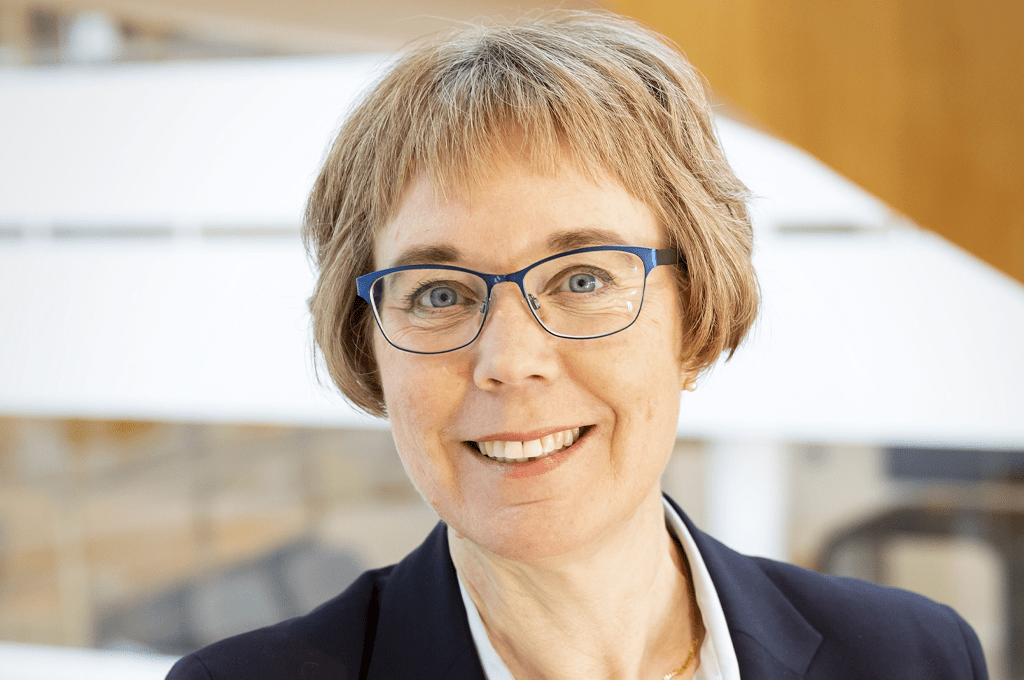All about Artificial Intelligence at Science Summit 2019
On May 15, over 300 participants attended the SciLifeLab Science Summit 2019 at Uppsala Konsert & Kongress. This year’s topic was Artificial Intelligence in Life Sciences and the conference highlighted both the progress already attained by using AI, and the opportunities and risks of future developments.
After a few welcoming words from Olli Kallioniemi (SciLifeLab Director) and Jan Komorowski (Chair of the Scientific Committee), a full day of research presentations and discussions took off. A number of national and international researchers shared their thoughts on everything from how to create an engine of scientific discovery and robot scientists to using AI to model dose and infection response in single-cell genomics and creating algorithms to personalize medicine that combine human genetics, microbiome, and nutrition.
Professor Hiroaki Kitano, President of The Systems Biology Institute and Director of Sony Computer Science Laboratories Inc., was the first speaker of the day presenting his project Nobel Turing Challenge and presented a moonshot of AI, robotics and systems biology. The aim of the challenge is to develop an AI system with the ability to make scientific discoveries that are worthy of a Nobel Prize – and for the AI system to win the prize without the selection committee noticing it’s not a human researcher. The presentation generated quite a few curious questions from the participants and Kitano was pleased with the day.
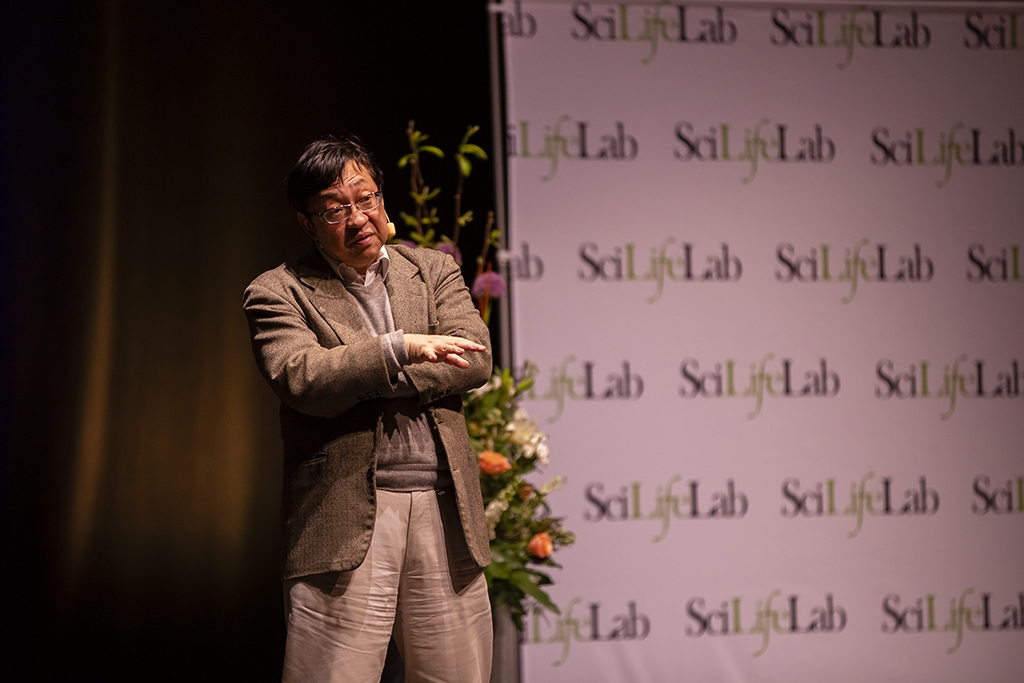
Hiroaki Kitano
“I think this is a great event with many stimulating presentations. It’s important to share ideas and get more people aware of how we can use AI in Life Sciences”, said Hiroaki Kitano.
Next up was Ross D. King, Professor of Machine Intelligence, University of Manchester, who talked about creating robot scientists that can perform and interpret their own experiments.
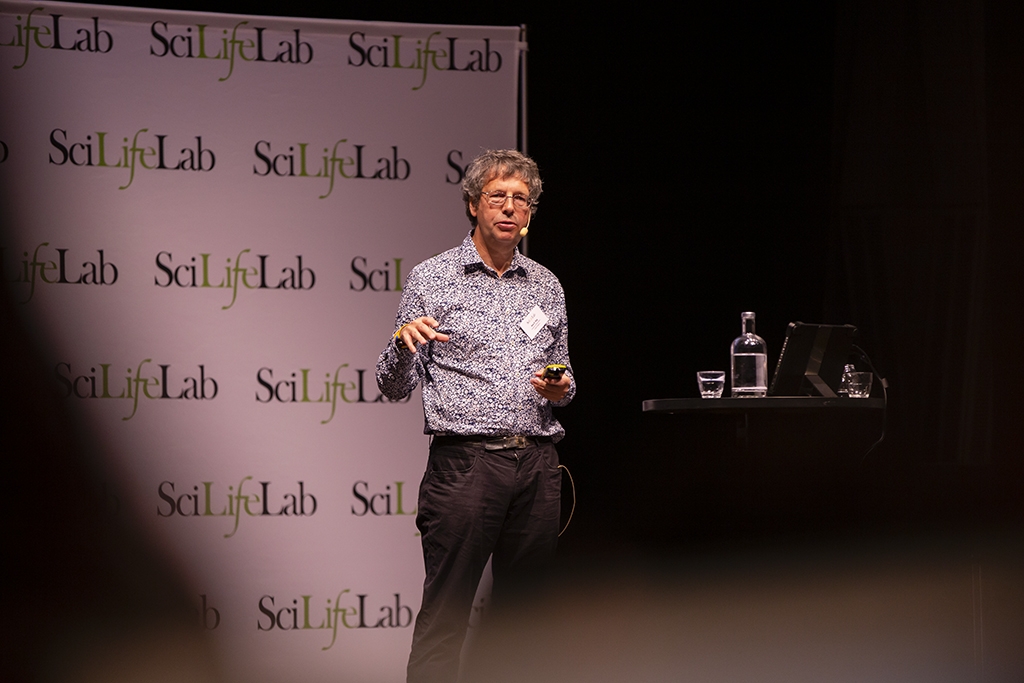
Ross D King
“The only prospect of making the world a better place is better technology. Robot scientists might be a part of that as they can increase both the productivity and the quality of science”, said Ross D. King.
Helena Lindgren, Associate Professor and Andreas Theodorou, scientist, Umeå University, talked about socially intelligent AI and how to build transparent and trustworthy systems. Next up was Fabian Theis, Director of the Institute of Computational Biology, Helmholtz Center Munich, who gave a presentation on modeling differentiation and stimulation response in single-cell genomics.
“I think that if you really want to go towards data science and implement good AI applications it is important to get the researcher interested in using AI together with the experts”, said Fabian when asked about the day.
The two last speaker presentations of the day were carried out by Fredrik Barrenäs, Uppsala University, who talked about what machine learning tells us about vaccine protection and immunity, and by Eran Segal, Weizmann Institute of Science, who presented his research on personalized medicine based on gut microbiome.
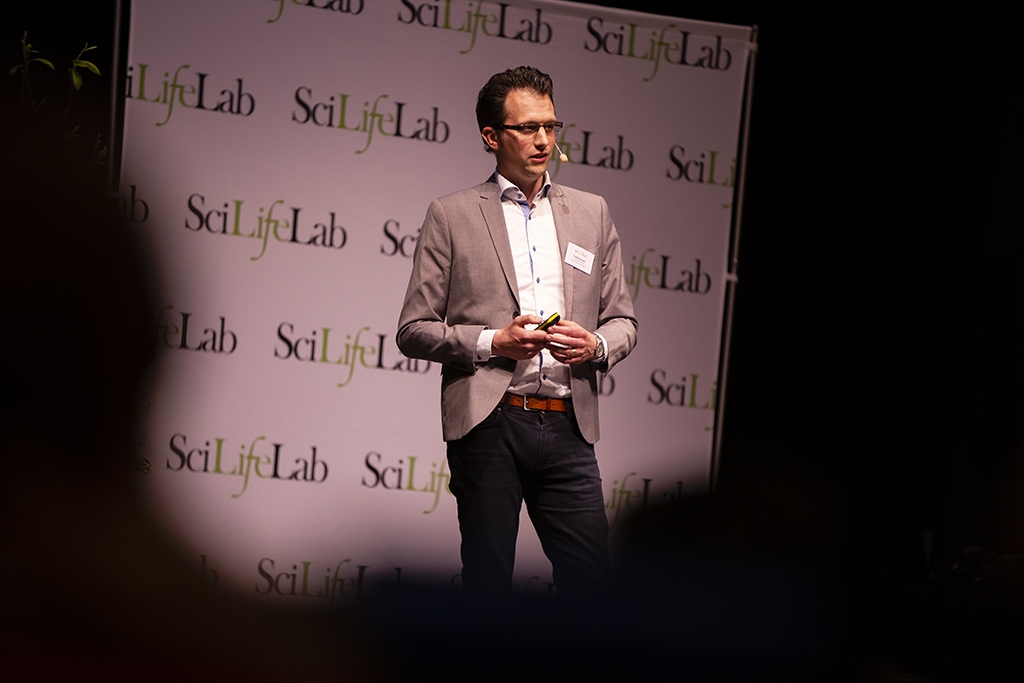
Fredrik Barrenäs
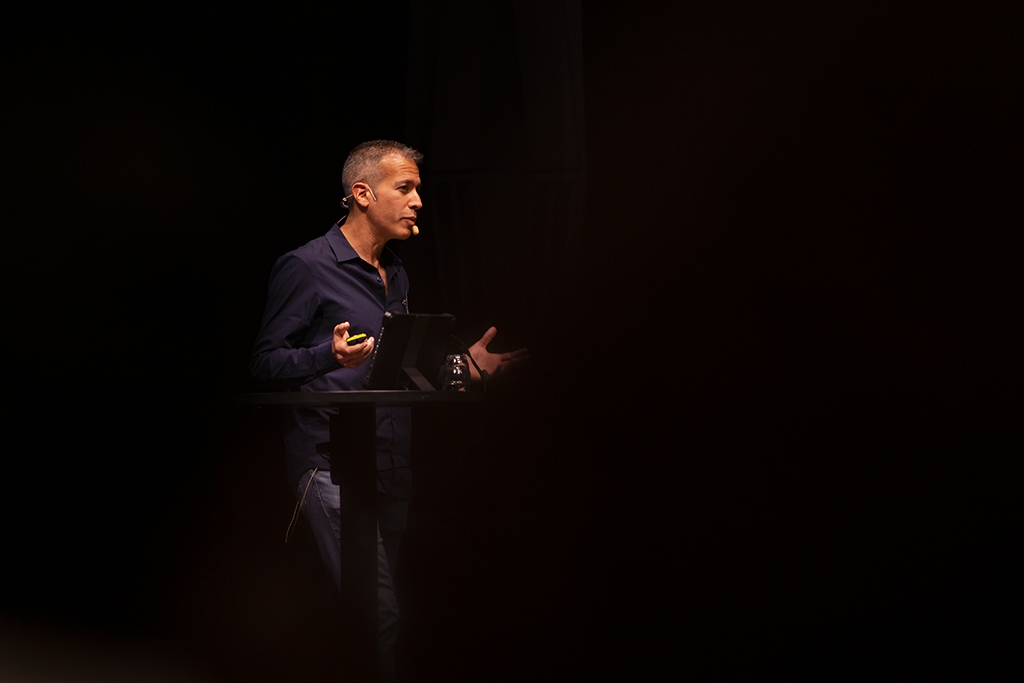
Eran Segal
Poster exhibition
During the day, participants had the chance to explore both a general poster exhibition and one exhibition about the SciLifeLab Research Community Programs. Three researchers presenting at the general poster exhibitions, Kristiina Ausmees, Karolina Smolinska and Therese Sjöholm, also presented their work on stage.
At the end of the day Kristiina Ausmees, Antonio Horta Ribeiro / Carl Andersson and Sara Yones were also announced winners of the SciLifeLab poster awards. Kristiina Ausmees was nominated first prize for her poster about Nonlinear dimensionality reduction of genotype data using deep learning.
“It was really unexpected to but I’m very happy”, said Sara Yones, third price winner.
Panel discussion: How to bring AI into health care and biomedical research – strategic actions for a bright future
After the presentations, a panel discussion with Eran Segal, Ross D. King, Hiroaki Kitano, Andreas Theodorou and tech entrepreneur Aurore Belfrage, took place. After the wide range of topics discussed during the day, the audience had a number of questions: is AI just a hype, or should it be included in all biology curriculums? What kind of issues can’t AI solve?
While there is a general belief that technology can solve all our problems, it’s not going to be enough unless we also change the way we behave as humans, reasoned Aurore Belfrage.
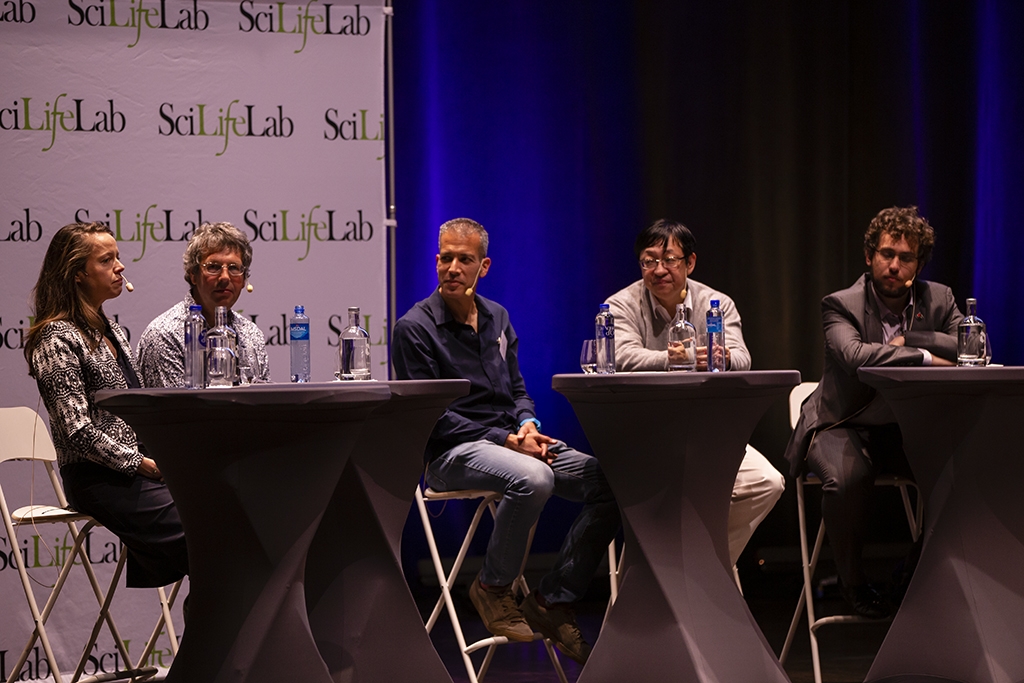
Aurore Belfrage, Ross D King, Eran Segal, Hiroaki Kitano, and Andreas Theodorou
Meeting the speakers (and the visitors)
At the end of the day, participants had a chance to mingle and meet the speakers.
Alva Annett, Student from Uppsala University, was pleased with the day.
“I think it was really interesting, and it’s always nice to meet other people in this field and see what they are doing. I especially enjoyed the talk by Hiroaki Kitano”.
Anastasios Glaros, Research engineer from Karolinska Institutet, was also content with the event.
“It was really nice! I liked the talk about Automating Science using Robot Scientists by Ross D King.”
